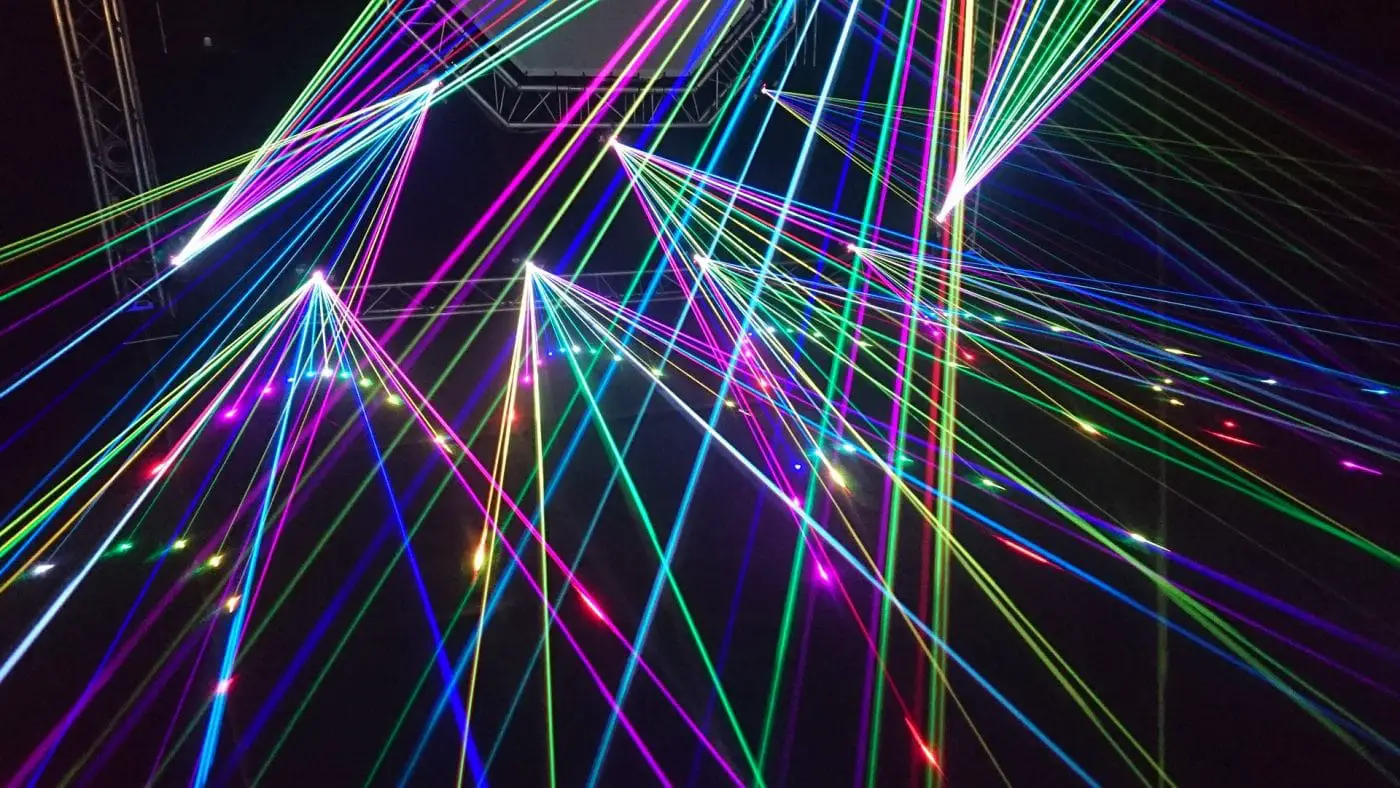[dropcap size=big]S[/dropcap]ome of the greatest art niches are objects of the strongest disagreements regarding their merit. Mediocrity, whatever form it comes in, is rarely accompanied by large fluctuations in opinions because it simply can’t provoke enough investment and emotion. Hardly any other music genre falls on both ends of the love-and-hate spectrum the same way electronic music’s most melodic and stirring manifestations – trance.
In trance we trust
Trance music has one of the most dedicated and emotionally driven followings. For many, it’s a form of religion first and art second. The enchanting sense of unity trance events bestow on its devoted fans can hardly be contested by any other music scene. There’s a reason why one of the most renowned trance labels has a name as proud and resounding as “In Trance We Trust.”
Where does the hate come from
They don’t play real instruments, they don’t know music theory, they sample beats and sounds and just put them together, the way you used to steal your classmate’s homework.
Yet for something that is regarded almost as a binding spell, a privilege that brings people together and lets them in on beautiful secrets, trance receives an almost unparalleled amount of spite and disregard. All the hate for trance springs from the same claim – trance is not “real music”, nor trance DJs are “real musicians.” They use machines, computers, electronics and technology to “artificially” make music. They don’t play real instruments, they don’t know music theory, they sample beats and sounds and just put them together, the way you used to steal your classmate’s homework. Live trance music isn’t really “live.” Trance is junkies’ music — background noise for getting high and spacing out.
Even if we assume that this is technically true, basically the same goes for any musical genre. Last time I checked, music doesn’t just come out of a person, making the only truly natural instrument a singer’s voice. Guitarists, pianists, drummers, they all use devices, a lot of which is electronic, to produce sounds. Music players would be completely lost without their instrument of choice. A lot of them rely on computers and technology to alter their sound and give it specific characteristics which could never be achieved naturally. A lot of them don’t know a thing about music theory. And from other rock concerts, for example, that I have attended, hard-core rockers didn’t strike me as the soberest and most upstanding of crowds.
It’s how and who uses the tech
David Gilmour and Pink Floyd are known for their affinity for experimentation with technology. Slash is somewhat of a poster boy for distortion. None of the devices they use are top-secret, yet you can give it to 100 people and you will get 100 different sounds and melodies, or the lack thereof. How is that any different from what DJs are doing today? They translate their inner world and soul into music with the help of their respective devices and technology. They affect millions of people around the world, their music serves as an artistic pillar of inspiration and guidance. Trance is the melodic sheath of life’s melancholic beauty and everything that makes us human.
None of the devices they use are top-secret, yet you can give it to 100 people and you will get 100 different sounds and melodies, or the lack thereof.
Are there DJs that rely solely on technology and pretend to push buttons on live shows while a computer does all the work? Yes, there are. Same way there are singers singing on playback while shaking their asses, or guitarists whose highest level of mastery is breaking their guitar after a show. Every genre has its geniuses and its overrated posers that give the rest a bad name. It’s up to the objective listeners to differentiate the first from the latter, even if the particular genre isn’t to their liking.




